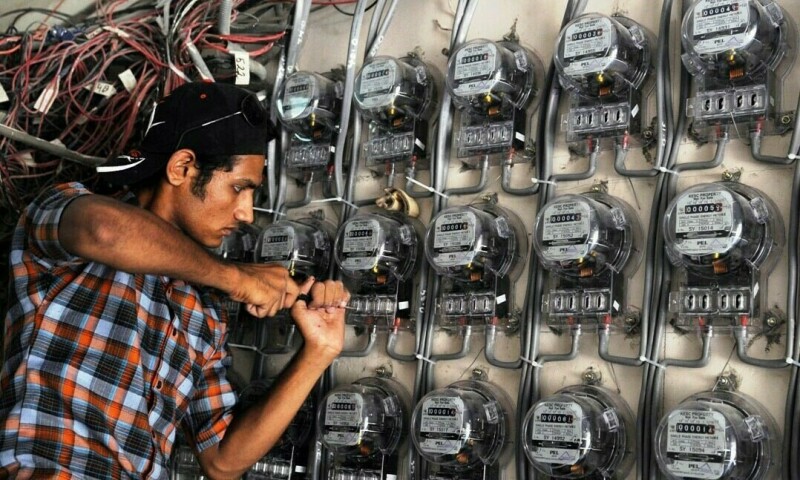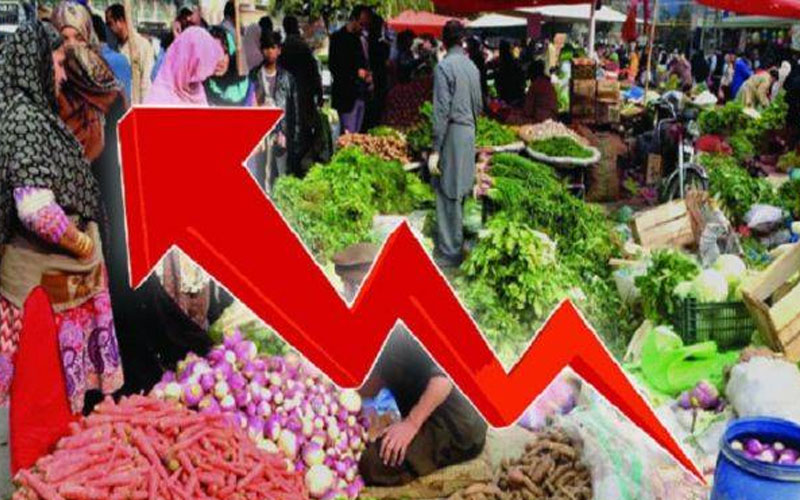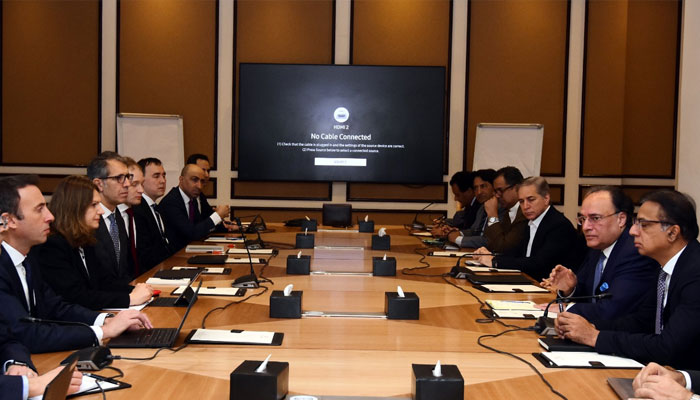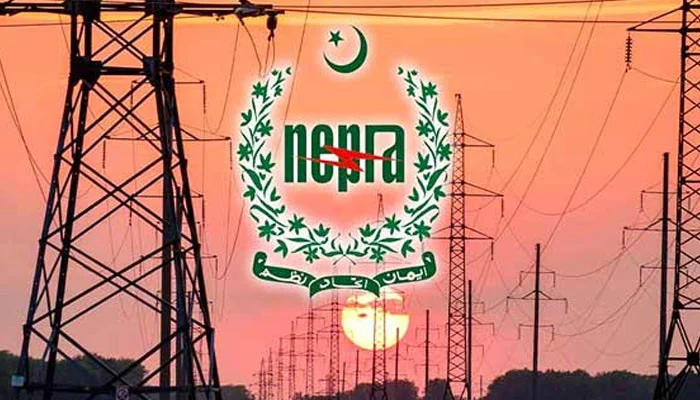TRADE & ECONOMY

The National Electric Power Regulatory Authority (Nepra) has swiftly endorsed significant increases in electricity tariffs, responding to government demands effective retrospectively from July 1, 2024. This decision, finalized within 24 hours of a public hearing, encompasses up to a 51% rise in national electricity base rates and an astonishing 184% surge in fixed capacity charges.
Nepra's final order aligns with the federal government’s request to apply fixed charges at 25% of the sanctioned load or actual Maximum Demand Indicator (MDI) value for the month, whichever is higher. The revised rates will apply nationwide, including Karachi.
The total revenue requirement for Distribution Companies (Discos), excluding K-Electric, for the current fiscal year has surged to Rs3.768 trillion. This translates to an average increase of Rs5.72 per unit (kilowatt-hour or kWh) in the base tariff. However, following public outcry, an addendum by the federal cabinet mitigates this to an average increase of Rs3.29 per unit from July to September 2024, and Rs4.55 per unit thereafter until June 2025. This adjustment aims to alleviate the impact on residential consumers using up to 200 units.
Despite these adjustments, the federal government plans to offset the burden through a tariff differential subsidy amounting to approximately Rs490 billion, benefiting consumers across the country, including Rs177 billion for K-Electric and Rs313 billion for other consumers.
The tariff adjustments vary across consumer segments: residential tariffs are set to increase by Rs3.63 per unit (14%) from July to September and Rs6.27 per unit (24%) for the remaining months. Commercial consumers face the highest average increase of Rs8.04 per unit (22%), followed by general services at Rs6.98 per unit (18%).
Industrial tariffs, however, see a marginal decrease of 2% or 68 paise per unit, while agricultural and bulk consumers experience increases of Rs6.62 per unit (24%) and Rs5.51 per unit (16%), respectively.
The tariff structure includes detailed slab-wise adjustments, where even protected consumers using up to 200 units face increases of 41% to 51%.
Additionally, Nepra justified the increase in fixed charges, citing them as essential for covering the fixed costs of generation and transmission, which account for a substantial portion of Discos' revenue requirements. These fixed charges will be progressively integrated into all consumer tariffs as part of the National Electricity Plan.
The regulatory authority emphasized that despite the tariff adjustments, efforts were made to balance the impact on consumers by reducing variable charges for different categories.
Nepra's decision underscores Pakistan's ongoing challenges in balancing energy affordability with the need for sustainable revenue generation in the power sector.




